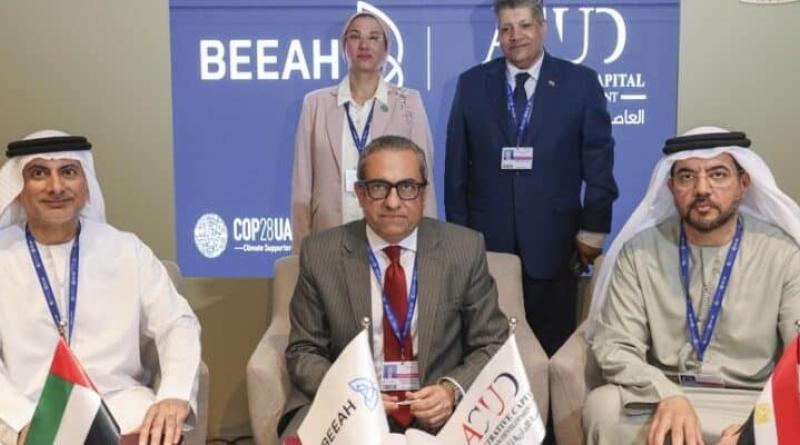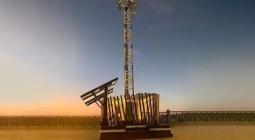EGYPT: Beeah and ACUD launch joint venture to manage waste in NAC

To support waste management in the New Administrative Capital (NAC) in Egypt, Emirati company Beeah is joining forces with the Capital Administrative Development Company (ACUD) to launch a joint venture. Objective: move 80% of landfilled waste within this new city by 2030.
Approximately four years after the concession of waste management in the New Administrative Capital (NAC), the UAE company Beeah is joining forces with the Capital Administrative Development Company (ACUD) to create a joint venture that will provide these services integrated waste management. The partnership agreement was signed on December 9, 2023 by Khaled Al-Harimel, CEO of Beeah Group, and Khaled Abbas, PCA of ACUD, on the sidelines of the 28e< /span> United Nations Conference of the Parties on Climate Change (COP28) in Dubai.
According to the Sharjah, United Arab Emirates (UAE)-based company, the joint venture will provide general hygiene services, collection and management of waste from residential, commercial, administrative and medical facilities, operation of health and safety facilities. waste recycling and collection of medical and agricultural waste. The joint venture will also enable the sale and purchase of waste in order to empower the circular economy and keep waste away from landfills in the NAC. For the record, the new city being built 45 km from Cairo will accommodate up to 6.5 million people spread across at least 21 residential areas.
Divert 80% of waste from landfill by 2030
A large part of the waste produced in the city will be incinerated to produce electricity. Concessions have already been granted to companies for the construction of power plants to achieve this objective. This is the case of Fas Energy. The Saudi company plans to invest up to $300 million to build incinerators in the NAC.
Overall, the Beeah Group is counting on this new collaboration with ACUD to achieve an 80% waste diversion rate in the NAC. This will support one of the ambitious goals of the Egyptian government’s Vision 2030, which is to increase the recycling rate by 25%.
Subsequently, a mobile application on which residents will be able to access information and benefit from all services related to waste management will be developed.





